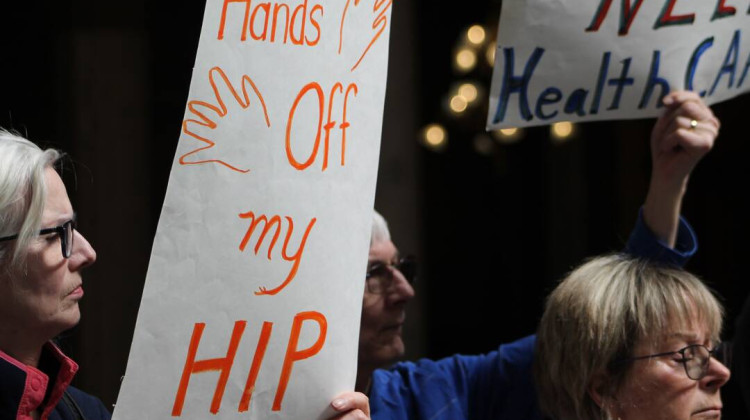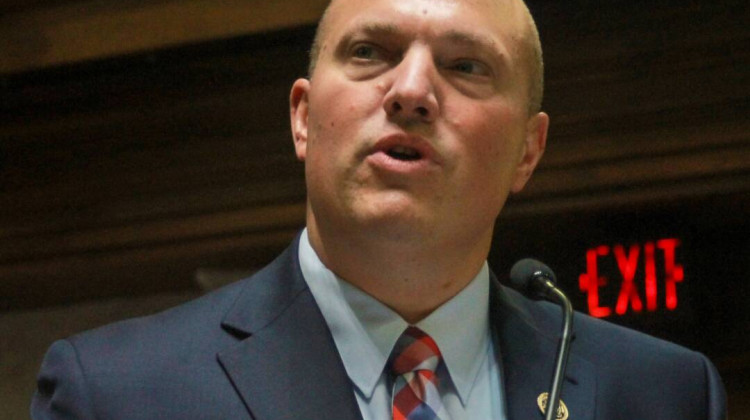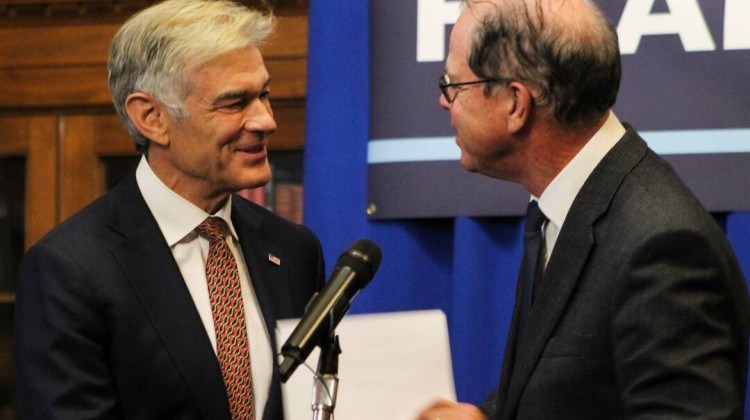
Stage 4.5 – in place since the beginning of July – restricts restaurants to 75 percent capacity and limits bars, nightclubs and other entertainment venues to 50 percent.
Justin Hicks/IPB NewsIndiana’s reopening plan is stuck in park after Gov. Eric Holcomb announced Wednesday the state won’t move forward for at least another month.
Stage 4.5 – in place since the beginning of July – restricts restaurants to 75 percent capacity and limits bars, nightclubs and other entertainment venues to 50 percent. Gatherings of any kind are restricted to 250 people, unless there’s approval from a local health department.
Holcomb said he doesn’t see the need to reimpose past restrictions – like closing bars and nightclubs – but stressed the importance of local leaders (and even individual businesses) enforcing compliance.
“For every 10 that are doing the right thing, if one doesn’t enforce these guidelines at the local level – at the individual business or social gathering – it can ruin it for a much greater area,” Holcomb said.
Holcomb’s latest extension of Stage 4.5 runs through Aug. 27.
Contact reporter Brandon at bsmith@ipbs.org or follow him on Twitter at @brandonjsmith5.
 DONATE
DONATE






 Support WFYI. We can't do it without you.
Support WFYI. We can't do it without you.